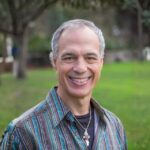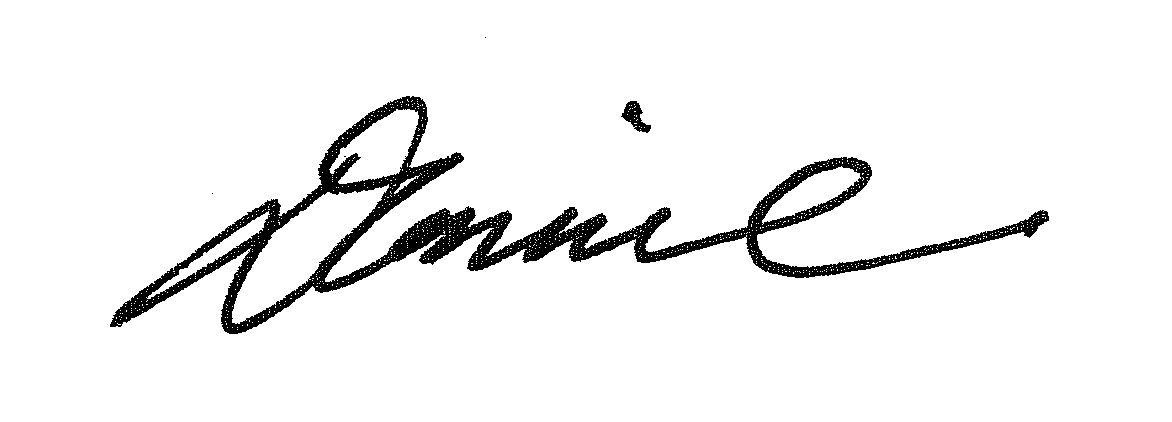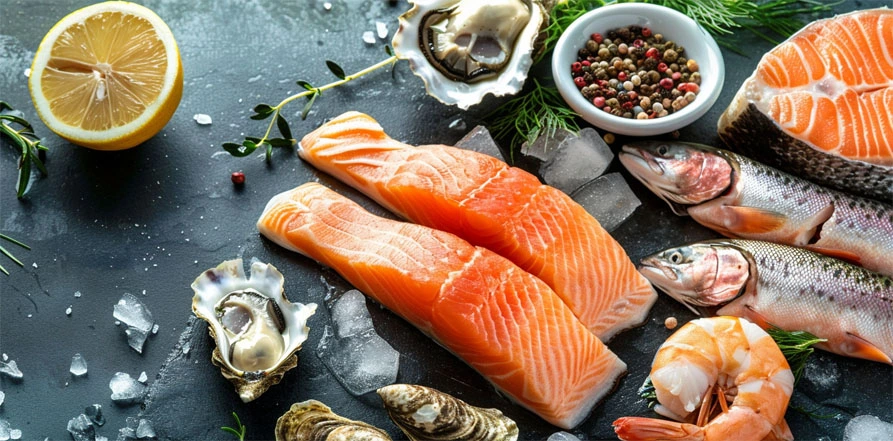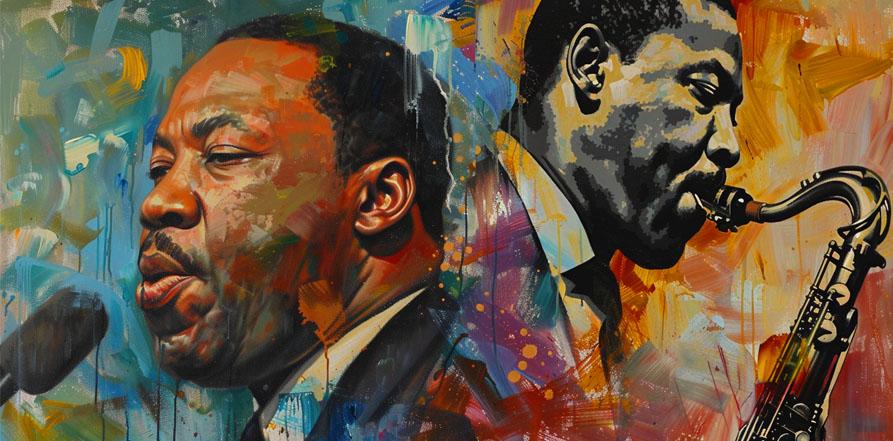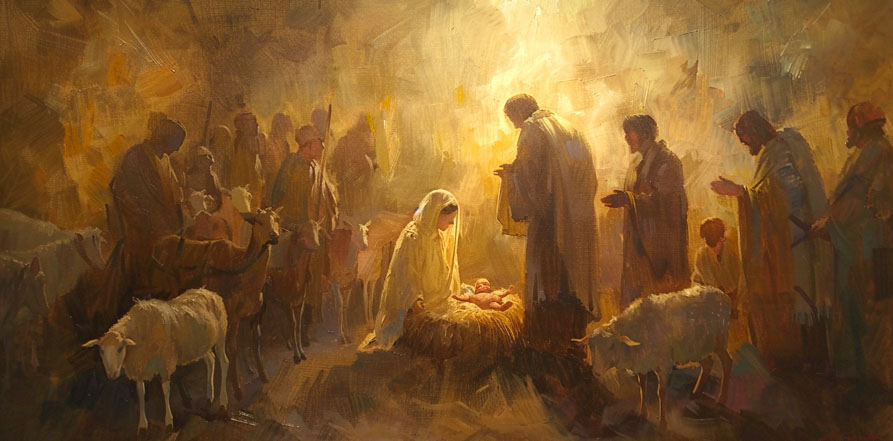Optimism can be defined as the non-empirical belief that positive circumstances will result from uncertain or even negative circumstances—in other words, it is the expectation that good things rather than bad things will generally happen. On the surface, that sounds like a positive way to live. But there’s a significant flaw in viewing the world optimistically. What happens when reality doesn’t live up to our optimistic expectations? Optimism claims, “Everything will be all right!” But what if everything isn’t “alright”?
Although some research indicates that optimistic people enjoy better health, it’s unclear whether the correlations between optimism and better physical health are due primarily to the benefits of optimism, or the harms of pessimism, or both. I’m certainly not opposed to cultivating a positive viewpoint in life. In fact, I believe it’s essential not only for physical wellbeing, but for spiritual, mental, and emotional health. However, I prefer to focus on cultivating hope instead of merely relying on optimism.
Both hope and optimism are similar in that they both involve positive expectations of some sort about the future. However, hope accepts reality. Hope includes all of the psychological advantages of optimism, but it is rooted in something deeper. When I hope, I believe that God is at work to redeem all things, regardless of how things happen to be turning out for me today. The optimist speaks about concrete changes in the future. The person who cultivates hope lives in the moment with the knowledge and trust that all of life is in good hands. The philosopher and statesman Vaclav Havel said it well, “The more propitious the situation in which we demonstrate hope, the deeper the hope is. Hope is definitely not the same thing as optimism. It is not the conviction that something will turn out well, but the certainty that something makes sense, regardless of how it turns out.”
I always tell my patients that I will do everything in my power to help them get well and to keep them well, and they must do their part. The rest is in God’s hands. We must remember that we will always be cared for. Do not worry or project negative beliefs about your situation, no matter what you have been told. I have seen countless people get well that were told they had no chance for recovery. Always remain hopeful, and live in the present with gratitude and love in your heart.
Theological Musings on Hope
When Pope Francis visited the United States last September he delivered several talks that I found deeply moving. In particular, his opening words in Philadelphia struck a chord for me: “Before there was God, there was Love.” Anyone that traditionally believes in God has likely never considered that there could be anything preceding God, and anyone that doesn’t believe in God I hope still believes in Love. Pope Francis has a way of stating complex theological ideas in a simple and profound way.
In speaking of optimism and hope, he says, “It is useful not to confuse optimism and hope. Optimism is a psychological attitude to life. Hope goes further; it is anchor thrown to the future, which allows one to pull on its rope to arrive at the goal one longs for, by using our effort to move in the right direction. In addition, hope is theological: God is there in the middle of it. For all these reasons, I believe that life is going to triumph.”
The virtue of hope goes hand-in-hand with the power of faith. Hope is the confidence that despite all darkness, the light (God), is upon and within us, and will hold us and fill us with love. “Let our steadfast love, O Lord be upon us, even as we hope in Thee.” (Psalm 33:22)
May peace, joy and love remain in our hearts: “the peace of God which passes all understanding” (Philippians 4:7); “make every effort to live in peace with all men and to be holy; without holiness no one will see the Lord” (Hebrews 12:14); “ask and you will receive that your joy may be full” (John 16: 24); “perfect love cast out all fears” (John 4:18); and “everything works together for good with those who love God” (Romans 8:28). When love lives within us, human wisdom participates in Divine Wisdom, creating ultimate reality.
In healing and in the pursuit to understand God and life, we must enter and embrace the mystery, becoming like the mystics—pondering, wondering, contemplating, and finding the whisper within the silence. We come to realize that the ultimate reality we seek is beyond the grasp of the intellect—it is a kinship between the heart, mind and soul. The search for knowledge is inherently within us, and plays a significant role into the full nature of the soul. Such an ontological bond seems to result in a significant continuity between the initial and later stages of God’s presence living in and through us. The intellect and the imagination initiate the human ascent to God. Neither one can do it alone. Nor can this be possible without love.
May we all show mercy and hope in our hearts, not just to survive but also to live authentically amidst all the problems of life. May we cultivate faith that continues to see possibility when there is no present evidence of it. At this blessed time of year, we contemplate the hope that brings each of us new meaning and possibility beyond our present experiences, a hope that the limits of our lives are not nearly as narrow as we experience them to be. God is a God of new things and so all things are possible, for each of us as well as all of us, as one. (Isa 42:9, Mt 19:26, Mk 14:36)
May this holiday for all of us be filled with the pursuit of Truth, Beauty, and Love.
Wishing you the blessings of a Merry Christmas,

